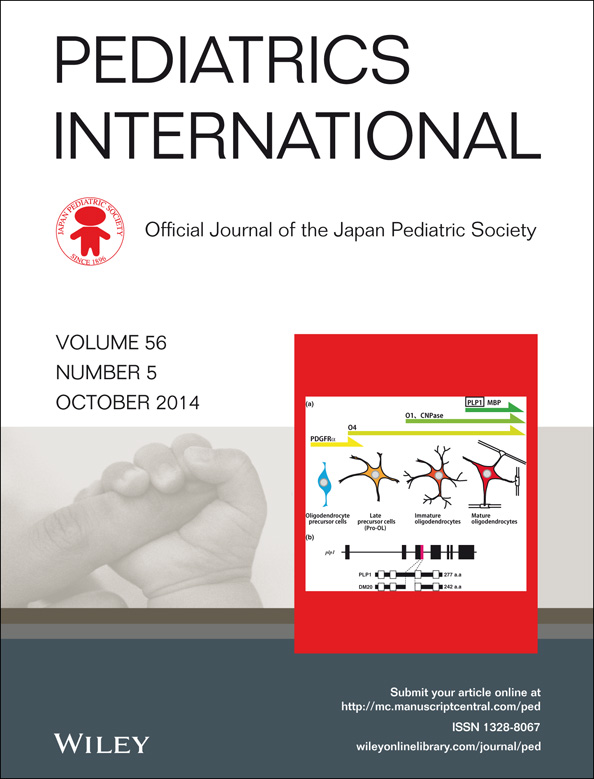Is attitude toward epilepsy and driving affected by media coverage?
Abstract
Background
The media have recently reported on car accidents related to persons with epilepsy in Japan. We were concerned that sensational media coverage may worsen the attitude toward epilepsy among non-medical persons. We carried out a questionnaire survey among non-medical students in order to evaluate the effects of media on the attitude toward epilepsy and the holding of a driving license in persons with epilepsy.
Methods
The survey was performed using a structured questionnaire. The students were divided into two groups according to knowledge on the recent serious car accidents related to persons with epilepsy. In order to clarify the effects of media coverage, we compared the attitude toward epilepsy and driving in persons with epilepsy between those who knew about the accidents and those who did not.
Results
The proportion of students who were familiar with epilepsy was higher in those who knew about the accidents, whereas no significant difference was observed in attitude toward epilepsy. The proportion of students who opposed the idea of persons with epilepsy holding a driving license was not different according to knowledge of the car accidents, whereas that of students who opposed severe punishment of epilepsy patients in the case of a car accident was lower in those who knew about the accidents.
Conclusions
Media coverage did not affect the attitude of the participants toward restriction of driving license in persons with epilepsy, whereas the proportion of participants who object to severe punishment for car accidents in persons with epilepsy was decreased.




